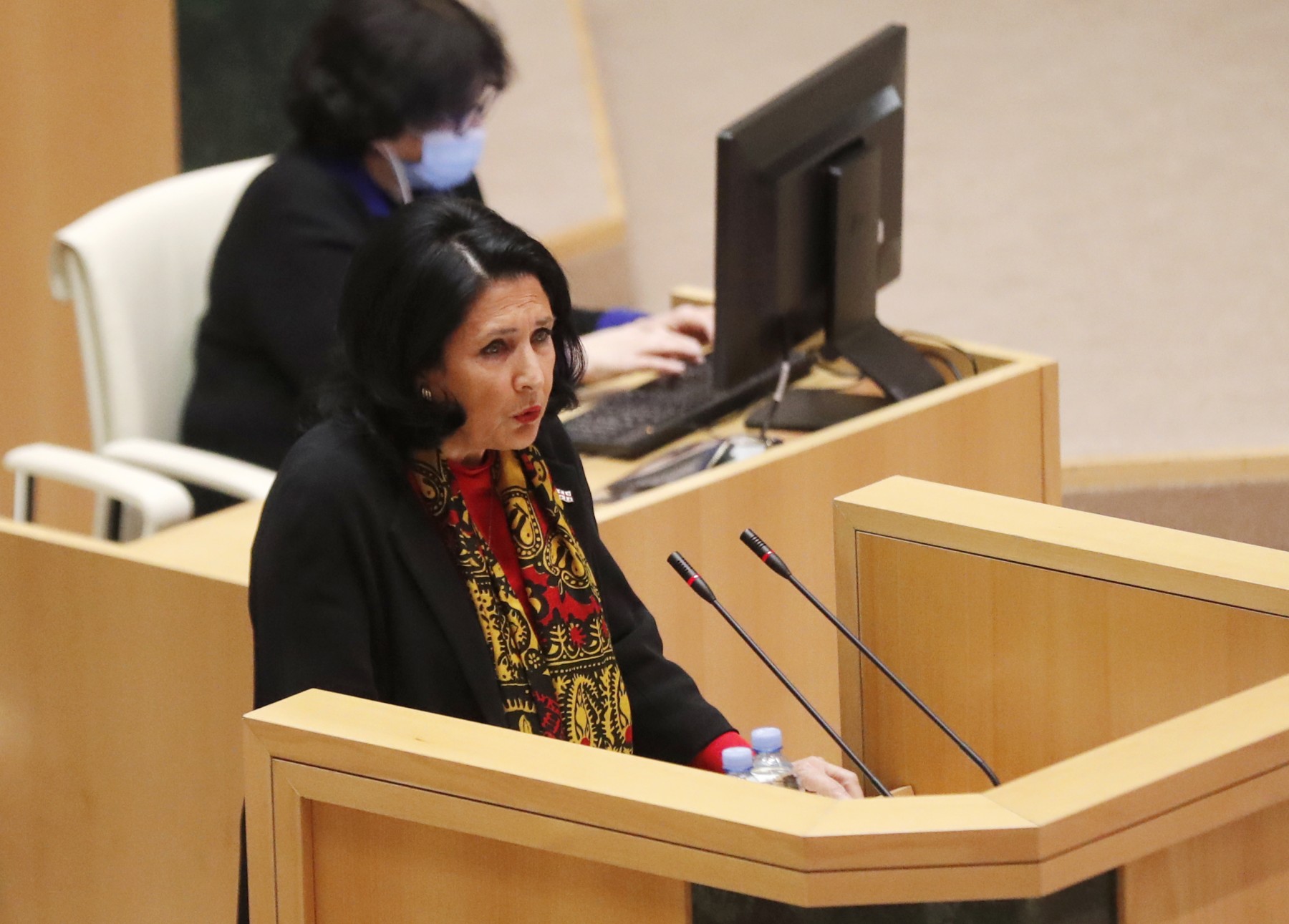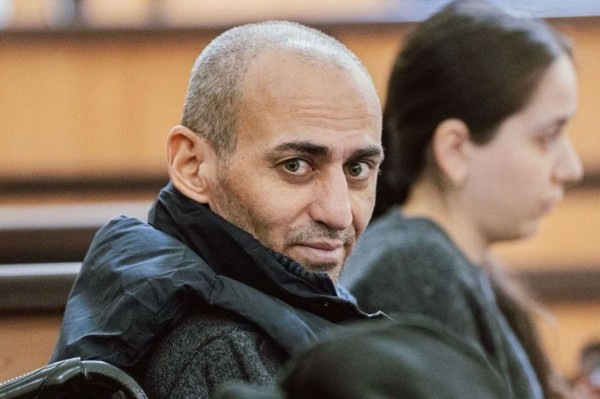The IPI global network today welcomed the release from prison of Nika Gvaramia, founder of the government-critical Mtavari TV Channel in Georgia, after a pardon by Georgian President Salome Zurabishvili.
“We welcome Georgia’s release of Nika Gvaramia, which is a testament above all to the work of Georgia’s independent media and civil society in continuing to advocate for his freedom and for the protection of press freedom and free expression in Georgia”, IPI Deputy Director Scott Griffen said. “Gvaramia’s detention, together with the recently withdrawn ‘foreign agents’ bill, raise grave concerns about Georgia’s commitment to fundamental rights as it aspires to join the European Union. There is no space in a potential EU candidate country for the imprisonment of journalists or harassment of media.”
On Thursday, June 22nd, President Zurabishvili announced that she had signed an act pardoning Nika Gvaramia three days after the Supreme Court upheld his conviction. In May 2022, the Tbilisi City Court found Gvaramia guilty of abuse of power while serving as the director of Rustavi 2 TV and sentenced him to three-and-a-half years in prison.
Local rights groups considered the charges politically motivated and retaliation for Gvaramia’s critical coverage of the government. Following Gvaramia’s detention in 2022, IPI issued a statement urging for his prompt release. “We are deeply concerned by the prison conviction of Nika Gvaramia”, IPI Head of Advocacy Amy Brouillette said following Gvaramia’s arrest. “Journalists in Georgia must be able to work freely and without fear of judicial harassment and intimidation.”
In April, IPI together with a coalition of other media freedom and journalism organizations wrote an open letter to President Zurabishvili requesting her to pardon Gvaramia. The organizations urged the president to take an “important stand for press freedom in Georgia” by pardoning Gvaramia.
Prior to his career in journalism, Gvaramia held prominent positions in Georgian politics, having served in ministerial roles under the administration of the currently imprisoned ex-president, Mikheil Saakashvili. After departing from Rustavi-2 in 2019, he launched Mtavari TV, which came to be known for its harsh criticism of the Georgian Dream government.
“She [President Zurabishvili] did it for her country, which she is the president of, and I think it really adds to her dignity”, Gvaramia told journalists after leaving the prison facilities. Gvaramia also expressed his commitment to helping Mtavari TV Channel overcome the financial challenges it is currently facing. Nevertheless, he stressed he would not return to his post as director of the Mtavari Channel.
Strong political polarization and EU membership bid
This decision comes amid the deterioration of press freedom in Georgia, reflecting the overall democratic backsliding in the country. While Moldova and Ukraine received EU candidate status in June 2022, Georgia, initially examined in the same batch, is still awaiting a final response.
Instead, the EU provided Georgia with 12 priorities the country needs to address, including undertaking stronger efforts to guarantee a free, professional, pluralistic, and independent media environment, addressing political polarization and combating the outsized influence of oligarchic powers in all domains of the country’s political life.
EU politicians have described pardoning Gvaramia as a step towards addressing political polarization and supporting media independence, with Georgia’s international partners welcoming this decision. In a recent statement, European Council President Charles Michel expressed his support and appreciation for Zurabishvili’s decision.
On the other hand, the pardon was heavily criticized by the ruling Georgian Dream government. The party’s leaders referred to the act as “disgraceful” and “unjust”. Speaker of Parliament Shalva Papuashvili accused Zurabishvili of disregarding the rule of law and going against the decision supported by the Georgian people, taking a divergent path.
Although the release of Gvaramia is a positive development for Georgia’s media landscape, the overall press freedom situation in the country remains grim. In recent years, numerous journalists and media workers have been attacked while covering far-right or anti-government protests, including the incident in July 2021 when over 50 journalists were assaulted during government-encouraged violence in Tbilisi followed by the death of cameraman Aleksandre Lashkarava.
In March 2023, the Georgian parliament passed in a first reading a Russia-style foreign agent law aimed at suppressing civil society and media independence, which was met with robust international pressure and resistance from the public, ultimately driving the parliament to withdraw the bill.
IPI was one of the international organizations to prominently call on Georgian MPs to scrap the “foreign agent” legislation. “This type of legislation has absolutely no business in a country that aspires to join the European Union and which subscribes to principles of democratic governance. We call on Georgian MPs to drop this bill and to instead focus on ensuring a safe and free environment for independent media to do their jobs”, IPI Deputy Director Scott Griffen said at the time.



